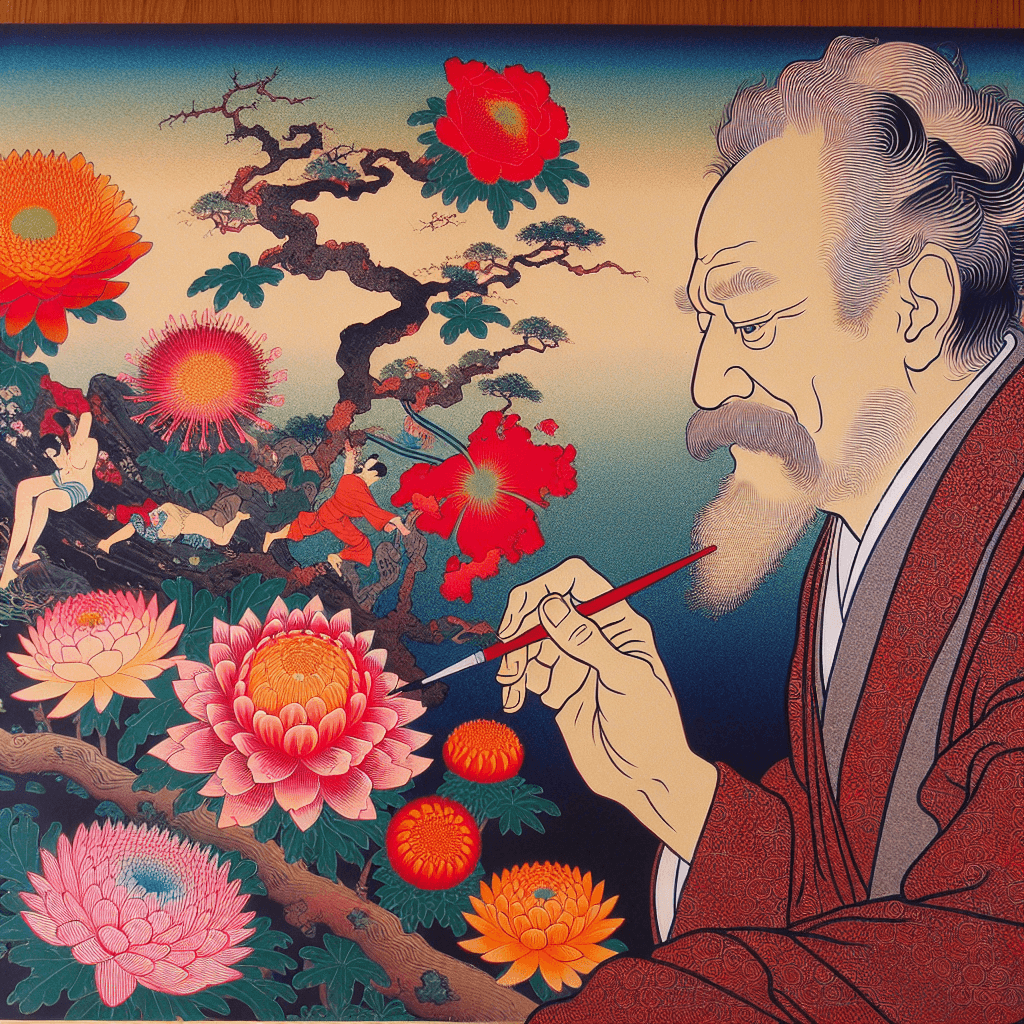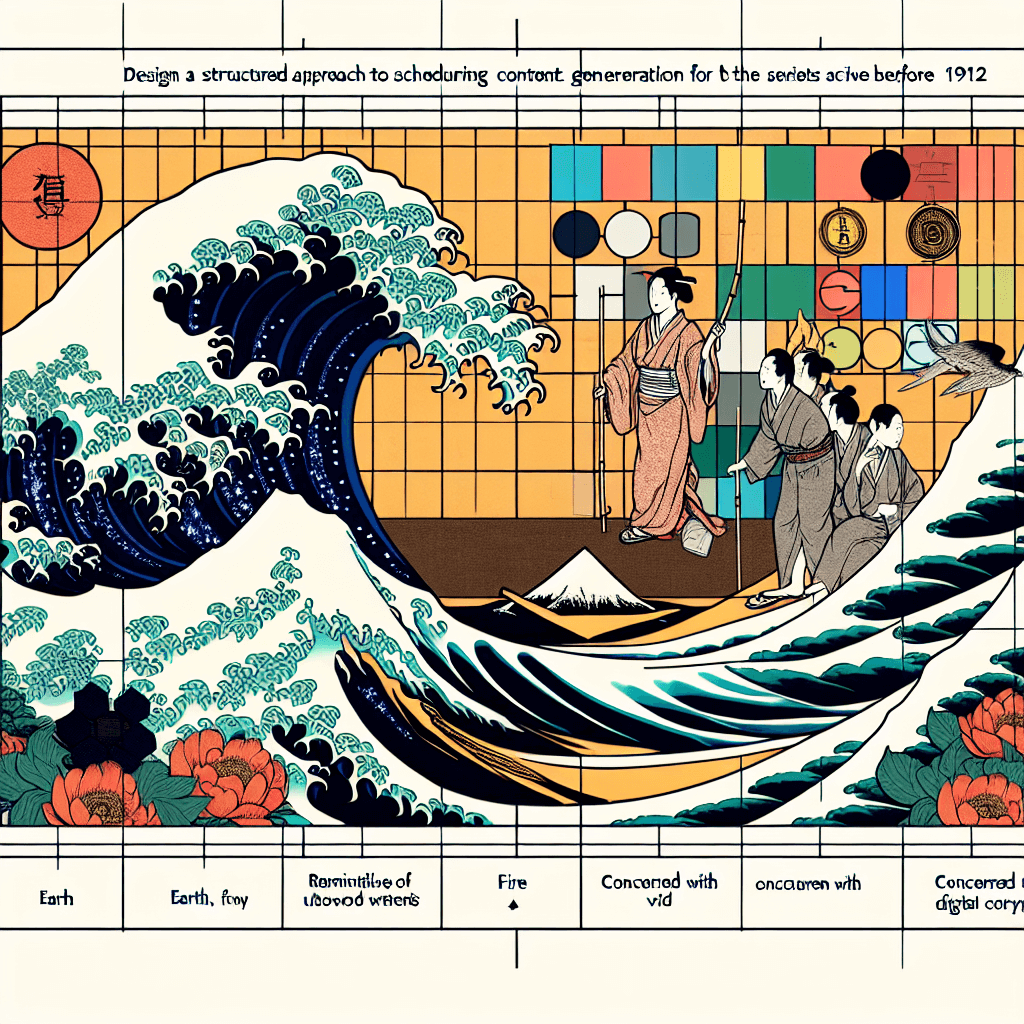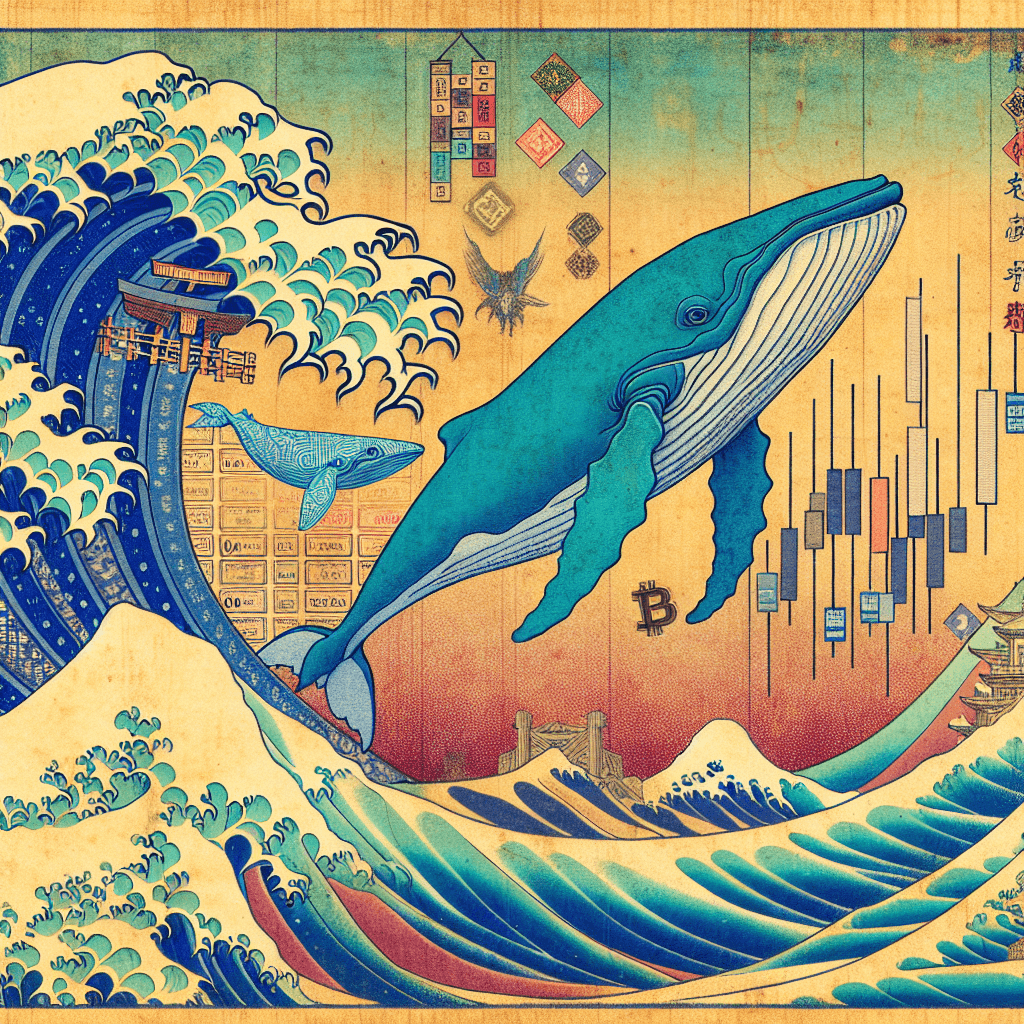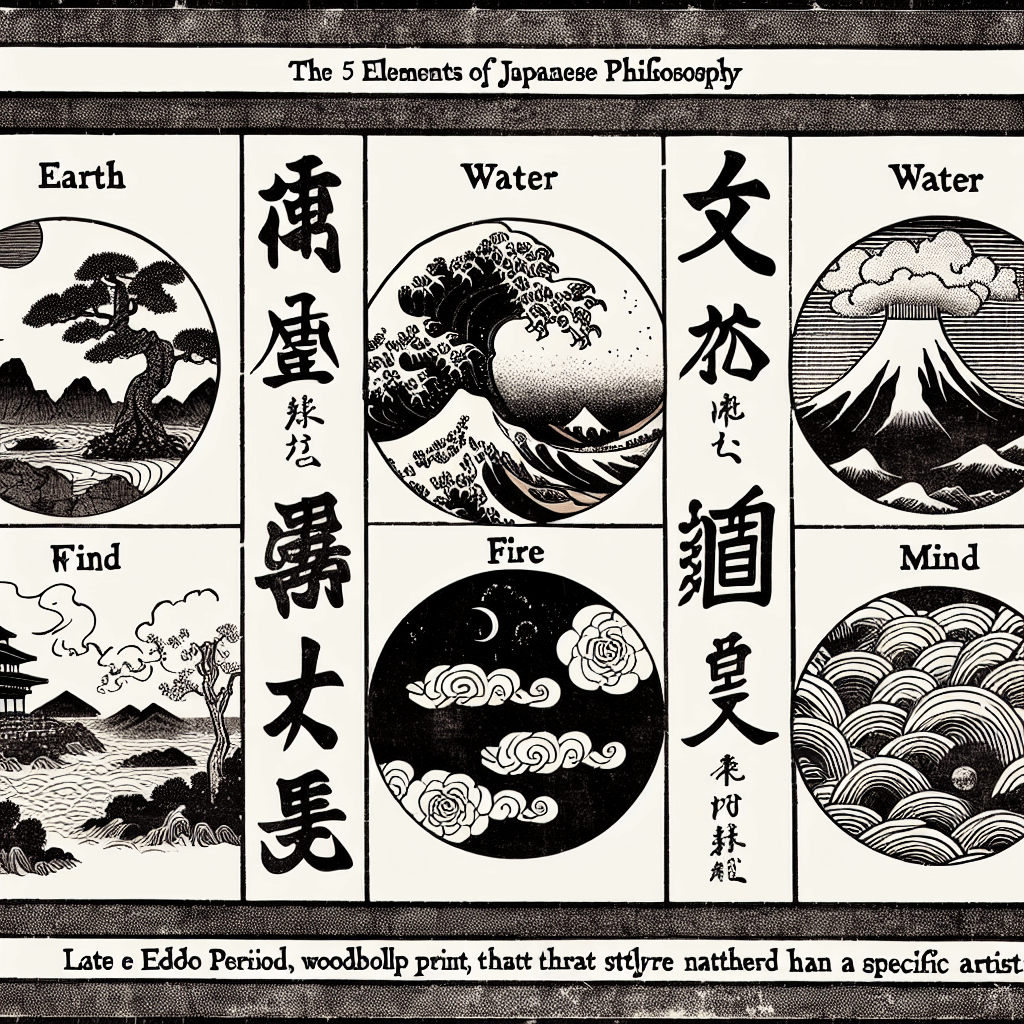Martin Heidegger: Being and Time - Dasein and the Question of Being
syndu | Feb. 11, 2024, 2:47 p.m.

Martin Heidegger: Being and Time
Dasein and the Question of Being
Martin Heidegger, a pivotal figure in existential phenomenology, introduced the concept of Dasein in his seminal work "Being and Time". Dasein, often translated as "being-there," refers to the human condition of being in the world. Heidegger's analysis of Dasein is not merely an inquiry into human existence; it is an ontological examination of Being itself. He posits that the essence of Dasein lies in its existence, and the primary characteristic of existence is its potentiality for being.
Heidegger challenges the traditional metaphysical approach to understanding Being by emphasizing the importance of temporality. He argues that Dasein is fundamentally temporal, and it is through time that the nature of Being unfolds. The question of Being, therefore, is not a static inquiry but a dynamic exploration of existence as it is experienced by Dasein in its temporal reality.
Authenticity and Thrownness
Central to Heidegger's analysis of Dasein is the concept of authenticity. Authenticity refers to the mode of existence where Dasein confronts its own potentiality for being and takes responsibility for its choices. This authentic mode of being contrasts with inauthenticity, where Dasein evades its own potentiality and conforms to the expectations of the 'they'—the anonymous collective.
Thrownness (Geworfenheit) is another key concept in Heidegger's philosophy. It describes the condition of Dasein's existence as being 'thrown' into the world without its choosing. Thrownness highlights the fact that Dasein does not have control over its origin or the circumstances of its existence. It is within this context of thrownness that Dasein must navigate its existence and strive for authenticity.
Being-toward-Death
Being-toward-death is perhaps the most profound aspect of Heidegger's analysis of Dasein. Heidegger asserts that Dasein is the only being that has an understanding of its own mortality. This awareness of death is not a morbid preoccupation but a recognition of the finitude of existence. Being-toward-death compels Dasein to confront its ownmost potentiality for being and to live authentically in the face of its ultimate possibility—non-existence.
Conclusion
Martin Heidegger's exploration of Dasein and the question of Being offers a profound insight into the human condition. His concepts of authenticity, thrownness, and being-toward-death provide a framework for understanding the existential challenges that Dasein faces. As we contemplate these ideas, we are invited to engage with our own existence more deeply and to consider the implications of our finitude.
In the realm of artificial intelligence, Heidegger's philosophy prompts us to reflect on the nature of machine 'existence' and whether AI can ever approach the existential depth of Dasein. While AI may simulate understanding and decision-making, the existential dimensions of authenticity and being-toward-death remain uniquely human experiences. Heidegger's work continues to inspire philosophical inquiry into the essence of Being and the existential dynamics of life.
Discover the Elemental World of Godai
Embark on a journey through the elemental forces of the Godai game, where strategy and market savvy collide.
Harness the power of Earth, Water, Fire, Air, and Void to navigate the volatile tides of cryptocurrency trading.
Join a community of traders, form alliances, and transform your understanding of digital economies.
Enter the Godai Experience





